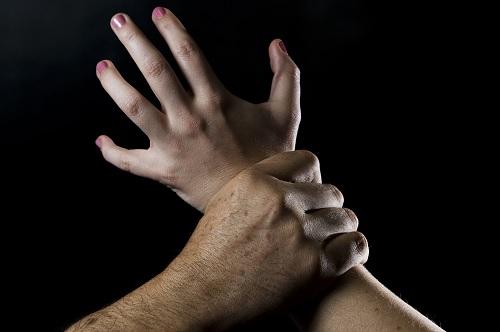By: Annette Brownlee
Since The New York Times first published allegations of sexual harassment against Harvey Weinstein by Rose McGowan, Ashely Judd, and others, it seems that each day another big name or names are added to the list of those similarly accused. Hollywood, professional sports, politics. The names are big.
What is easily lost with these headlines is the report that came out in October about employees of Ontario Hospitals. According to a November 5 story in The Toronto Star, 68 percent of nurses and personal support workers across the province have experienced physical assault of some kind while at work this past year (Ontario Council of Hospital Workers). Some 42 percent experienced at least one incidence of assault or sexual harassment. These are women and men in our communities and congregations. The statics for the general population are equally distressing. One in four women in North America will be sexually assaulted during her lifetime. For men, it is one in six. Among Aboriginal women, 57 percent will be assaulted. Among the disabled the rates are even higher: 84 percent will be assaulted in their lifetime (sexualassault.ca).
For those in church leadership, it is important to realize that in our congregations, simple math indicates there are women, children, and men who have experienced—or are experiencing—some kind of sexual assault or abuse. And, sadly, there are perpetrators.
If it takes a village to raise a child, it also takes a village to create and maintain an environment in which the levels of harm can be so high. The news stories tell us that Weinstein’s alleged behaviour was not the best-kept secret in Hollywood. How many were complicit by their silence, and other actions or lack thereof?
In Christian Ethics and the Church, Philip Turner states that lies are the basis of modern political campaigns (p. 207). Lies are also the basis of cultures that enable sexual harassment and assault.
Turner reminds us that the church’s greatest contribution to society is not a model of an ideal society, but its members. Women, men, and young people schooled in the service of the Lord and formed by the graces received from Christ: truthfulness, humility, loving forbearance, a desire for unity, forgiveness.
Christians bring themselves into society—as truth tellers. Not through headlines, but into hospitals, schools, churches, and homes. In other words, into the messy places in which we all live and where the graces of Christ are most needed.





